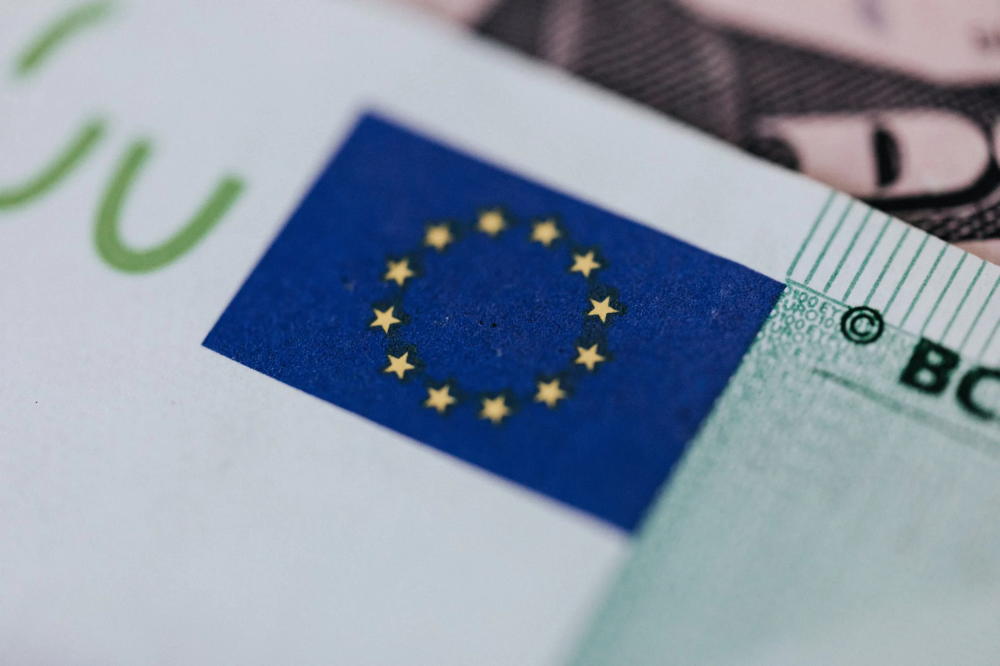

Imae credit: Pexels
Spain deputy central bank governor Margarita Delgado has said the European Central Bank (ECB) must assess the impact of a potential digital euro crypto token on the bloc’s banking system before making a final decision on launching such a project.
“The issuance of a digital euro should not be in detriment to the stability of the financial system,” she said.
While the euro zone’s banking sector is robust, “we cannot ignore the elements that might impact the competitiveness and profitability of the banks”, she added.
Delgado sits on the ECB’s supervisory board and is a potential choice for its new supervisory head.
She said it was important to study the potential impact of a digital euro on banks’ liquidity as a result of people transferring funds from their bank accounts to digital euro wallets.
Delgado suggested a limit of around 3,000 euros on how much each user could hold, or other measures, could help avoid unintended consequences.
Reiterating the EU’s stated aims in studying the introduction of a central cryptocurrency, Delgado said in a speech published on the Bank of Spain website that such a token would provide a payment infrastructure based on European infrastructure that would be accepted throughout the currency zone.
Central bankers are currently meeting at an annual conference in Jackson Hole, in the US state of Wyoming.
The ECB has previously said it is developing a potential digital euro in order to preserve Europe’s strategic autonomy, reduce fees extracted by payment service providers and to serve as a monetary anchor as cash transactions decline.
In an article for the Centre for Economic Policy Research (CEPR) earlier this month, however, University of Bern professors Cyril Monnet and Dirk Niepelt argued the ECB is prioritising the protection of banks and their existing business model, through proposed features such as low holding limits for consumers that would drastically limit the attractiveness of the digital currency.
“As a consequence, the digital euro might well be dead on arrival,” Monnet and Niepelt wrote.
“This could prove to be a significant missed opportunity given that social benefits of the digital euro substantially exceed its private ones.”
More bad news for Google. Second time in less than a year that some part…
Federal office that tackled misinformation and disinformation from hostile nations is closed down, after criticism…
After Nvidia admits it will take $5.5 billion charge as Trump export limits of slower…
Trump continues to target his former CISA head, signing a new executive order targetting Chris…
Two Chinese retailers warn customers in America that prices will increase next week, as Trump's…
Engineer Cristina Balan wins latest round in her long-running defamation claim against Elon Musk's EV…